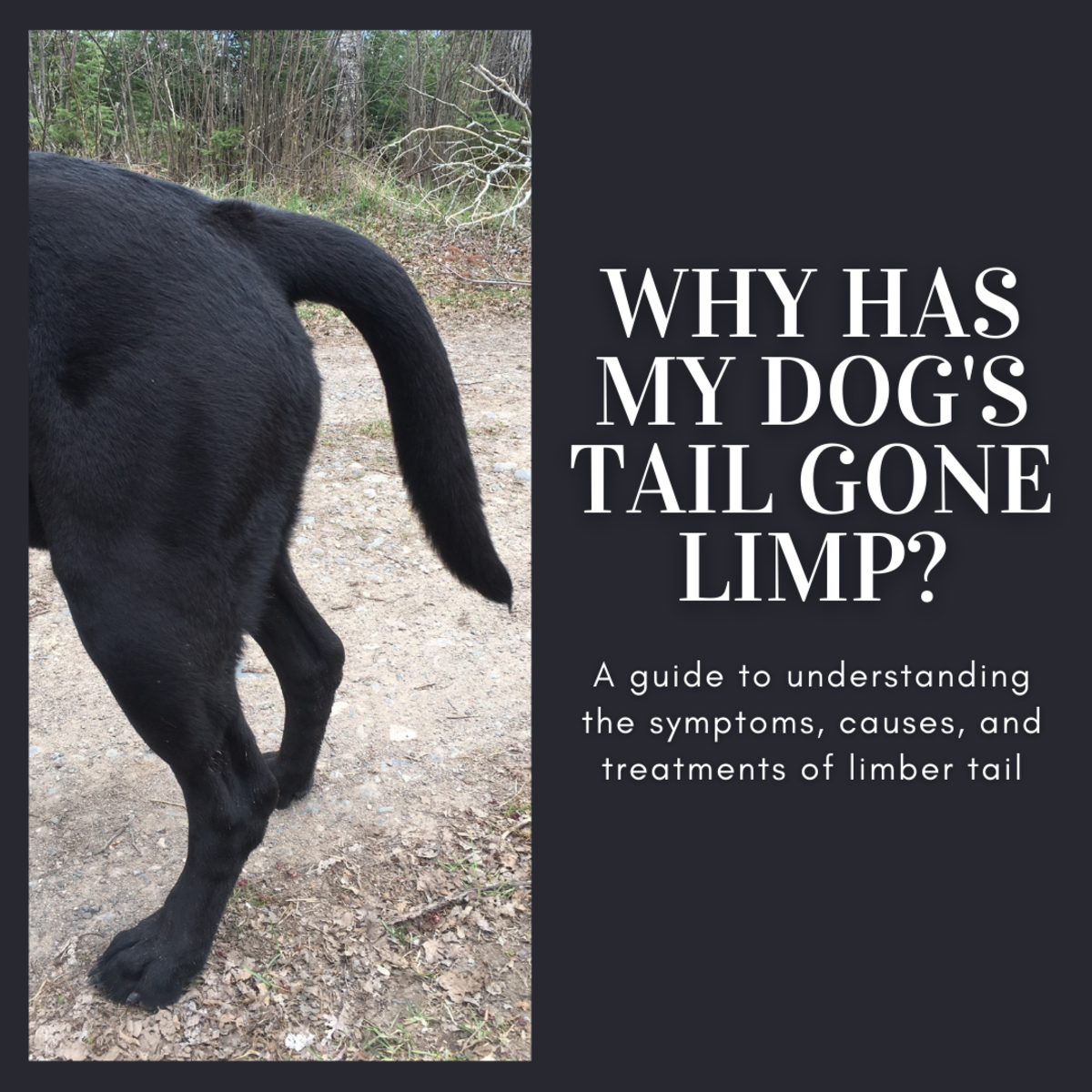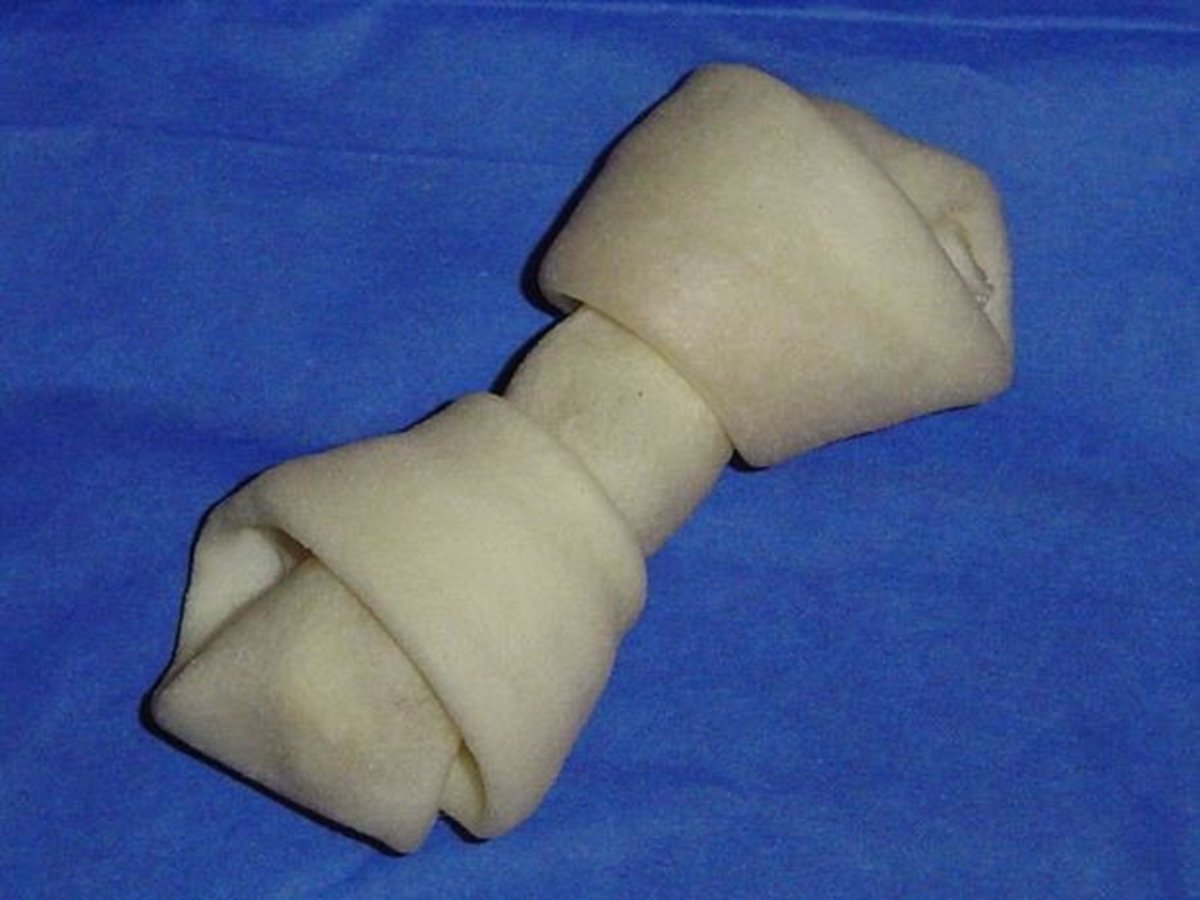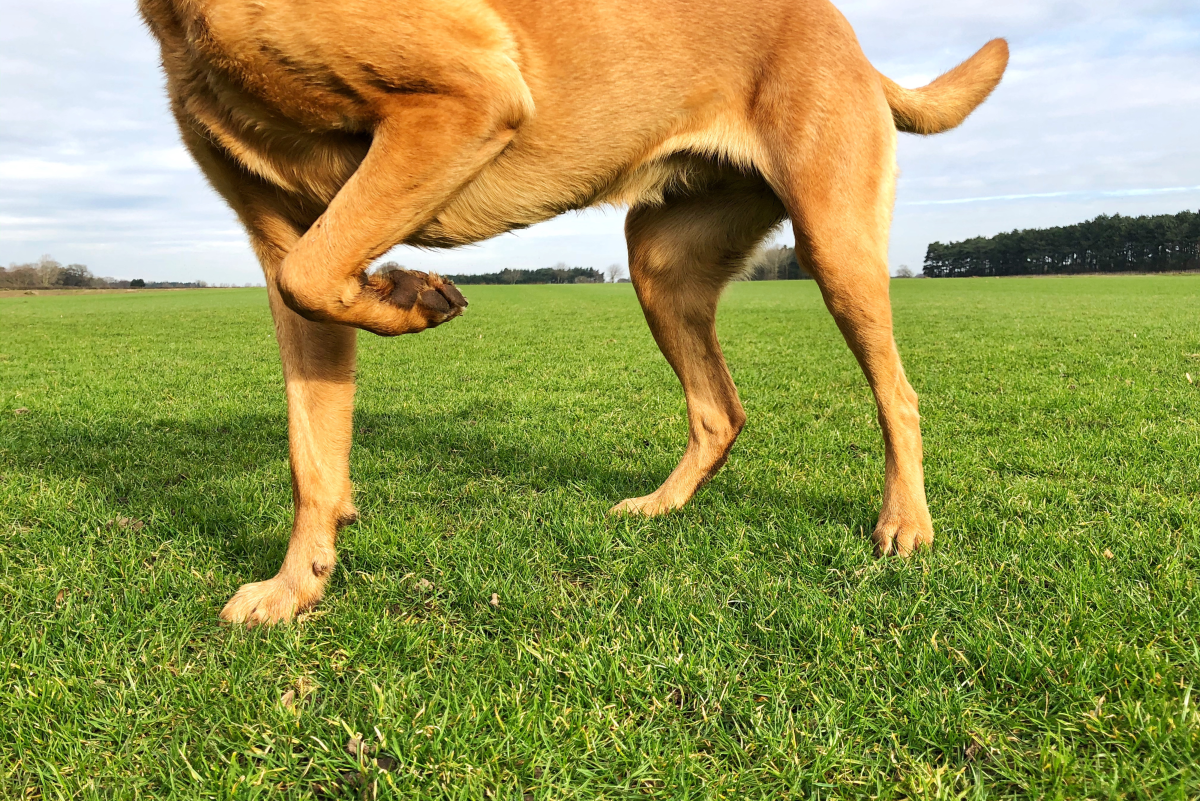Gastrointestinal and Digestive Problems in Dogs: Is Your Pet At Risk For These Health Problems?
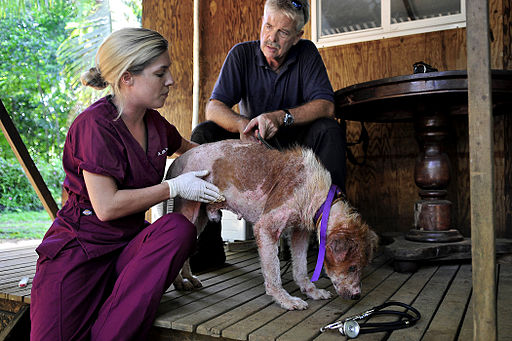
You might think it's a minor problem when your dog has a stomach ache, but it could be a warning sign of more serious health issues. The safest choice is to consult your vet to rule out gastrointestinal distress from food allergies, parasites or other causes. Left untreated, digestive problems in dogs can lead to serious health complications.
In this interview, Dr. Cathy Alinovi of Healthy PAWsibilities, discusses vital facts pet parents should know about canine gastrointestinal problems and how they can be proactive in protecting their dogs from such health issues.
How often does your dog suffer from digestive problems?
Question 1: What kinds of gastrointestinal (GI) or digestive problems do dogs have?
Dr. Cathy: The list is long, but here are some of the more commonly seen ones for starters:
- Cancer
- Gall bladder sludging
- Gall stones
- Hernia
- Inflammatory bowel disease (IBD)/syndrome
- Megacolon
- Obstipation/constipation
- Regurgitation
- Ulcers
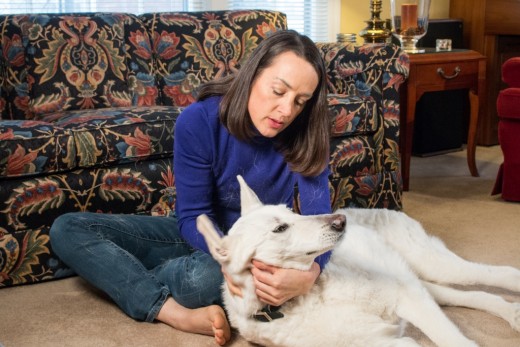
Q2: What are the common signs of gastrointestinal or digestive problems?
Dr. Cathy: I need to give a broad answer because this is a broad question– basically diarrhea and vomiting are the mostly commonly seen signs of GI problems in dogs. Additionally, there may sometimes be constipation or lack of appetite and other times regurgitation. Each symptom must be sorted from the other(s) for a proper diagnosis.
Q3: What causes digestive/GI issues in dogs?
Dr. Cathy: There are as many causes of gastrointestinal and digestive issues as there are kinds of problems; please refer to the table below for some typical examples.
Causes of GI Problems In Dogs
Bacteria
|
Cancer
|
Contaminated food
|
Food allergies
|
Inflammation
|
Muscle weakness
|
Poor quality food
|
Species inappropriate diet
|
Excess dietary fat
|
Yeast
|
Q4: Why does my dog vomit?
Dr. Cathy: The cause boils down to nausea or toxicity. Cancer, gall bladder problems, IBD, and many infectious reasons will lead to nausea. Of course, there is always the chance of an obstruction (either a foreign body or cancer) that is preventing food from going down. Toxicity can be caused by food poisoning, bacterial toxin (think botulism),or liver disease, all of which can lead to vomiting.
One very important thing to determine: is it vomit or is it regurgitation? Vomit is digested and comes with serious heaving and retching. Regurgitation is passive, pretty quiet, and what comes out looks like it was just swallowed. Regurgitation is usually minor where vomiting can be a serious health issue.
Q5: Is vomiting always a sign of a gastrointestinal problem?
Dr. Cathy: No, it is not always a symptom. What’s crazy is I’ve had patients who vomit when their anal glands are impacted. Of course, this isn’t common, but it means if there is vomiting, we have to figure out what is going on.
Grain Free Dog Foods
Q6: How can pet owners tell the difference between an upset stomach and a serious health issue?
Dr. Cathy: An upset stomach happens once. Frequent vomiting or other signs of an upset stomach are a serious health issue when it happens repeatedly, even if it’s not every time, and it gets more frequent and/or worse with time.
Q7: How do veterinarians diagnose these problems?
Dr. Cathy: Because there is such a wide range of reasons and problems that cause GI (gastrointestinal) issues, there are many different diagnostic tests such as:
- Blood work will identify liver issues, gall bladder sludging, pancreatitis, some types of cancer, and some types of infection.
- Ultrasound and/or barium studies (contrast) with x-rays can identify some types of obstruction, cancer, gall stones, and ulceration.
- Specialized tests identify small intestinal bacterial overgrowth (SIBO), inflammatory bowel disease (IBD) and exocrine pancreatic insufficiency (EPI).
- Saliva testing identifies food allergies. Sometimes exploratory surgery is required to find obstructions or take samples and identify cancer.
Q8: What types of treatments are there for GI or digestive problems?
Dr. Cathy: Ulcers are treated with intestinal protectants. Gall bladder stones and/or sludging are treated with high quality food; therefore, the dog is fed nothing processed.
Pancreatitis is also treated with good food and can be helped with digestive enzymes. Liver issues are treated with nutraceuticals, diet and sometimes antibiotics.
Intestinal obstruction and some cases of cancer are treated with surgery. Hiatal hernia is treated with chiropractic (veterinary spinal manipulation therapy), great food and sometimes probiotics and digestive aids.
SIBO (small intestinal bacterial overgrowth) is treated with nutraceuticals and great food. Food allergies, IBD (inflammatory bowel disease) and EPI (exocrine pancreatic insufficiency) need great food; EPI also requires high levels of pancreatic enzymes.
Q9: What role does nutrition play in the treatment?
Dr. Cathy: Judging by the long list of treatments above, you can see nutrition plays a role in the majority of GI cases. High quality nutrition reduces the risk of inflammation. Inflammation is at the root of the following conditions:
- SIBO (small intestinal bacterial overgrowth)
- Food allergies
- EPI
- Hiatal hernia
- Gall bladder sludging or stones
- Pancreatitis
- Some cases of liver infection
- Cancer
Some patients and conditions do best on a grain free diet, some do better with lower dietary fat, and most simply require high quality ingredients (things we would eat).
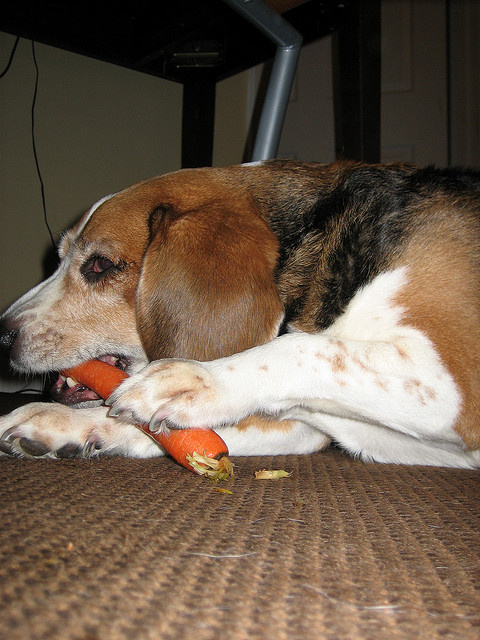
Q10: What kinds of treats can dogs with GI have?
Dr. Cathy: Just as there is a need for high quality food for daily nutrition, treats given to dogs need to be simple such as those with one ingredient sourced from the same places humans get their foods. Some examples, depending on whether the dog has food allergies, include small bites of bacon, carrots, and apple.
Q11: To prevent GI issues, what foods should owners avoid feeding their dogs?
Dr. Cathy: Pet parents should always avoid foods with corn products, by-products, “meat and bone meal,” “animal digest,” “feather meal,” and dyes. Ideally, avoid commercially prepared dry foods; instead, feed real foods like balanced raw or cooked meals of people food.
Q12: What is the prognosis for these dogs?
Dr. Cathy: The sooner the problem is identified and treated appropriately, the better the prognosis. If there are more signs of illness or problems, the prognosis is worse.
Q13: Are there dog populations at higher risk for developing gastrointestinal or digestive problems?
Dr. Cathy: There’s not really a genetic predisposition to intestinal issues because it’s mostly environmental. Dogs with weakened immune systems will be at higher risk, but, again, this is mostly an issue of a lifetime of exposure to toxic factors.
Q14: How can pet parents protect dogs from digestive problems?
Dr. Cathy: Start with high quality food from the beginning. Don’t be afraid to share healthy people food except for:
- Grapes
- Raisins
- Raw onions
- Cooked bones
The use of minimal vaccines and minimal use of chemicals will also help because the less we do to our dogs, the better their chances of living long, healthy lives.
Q15: What else do pet parents need to know?
Dr. Cathy: Intestinal issues are often preventable if we start with the best available care. Prevention is key, and that is accomplished best by taking pets for regular checkups, feeding them healthy, nutritious foods, and giving them access to consistent exercise. For example, walking is a great exercise and as a plus, both owner and pet benefit from it.
© 2014 Donna Cosmato






